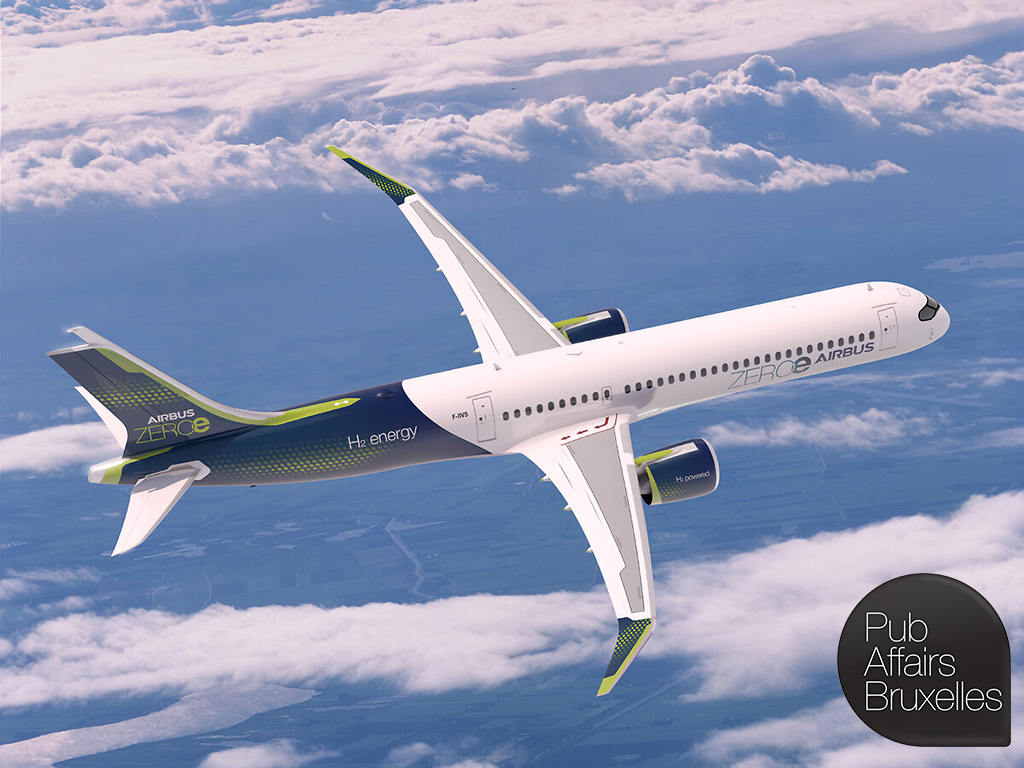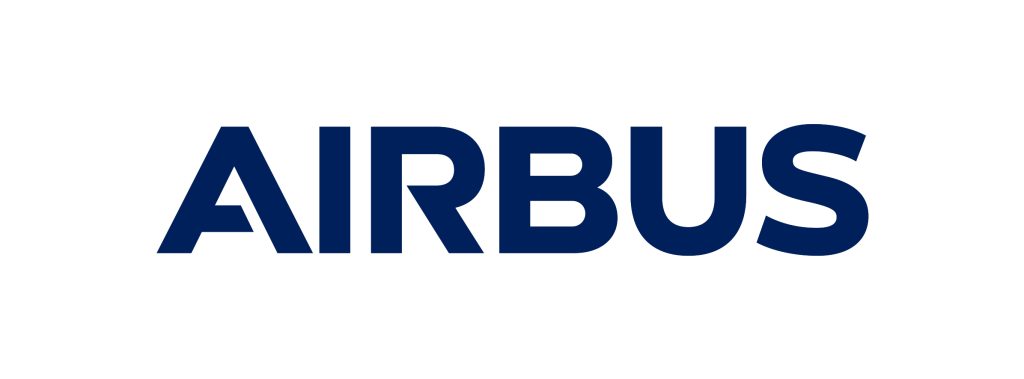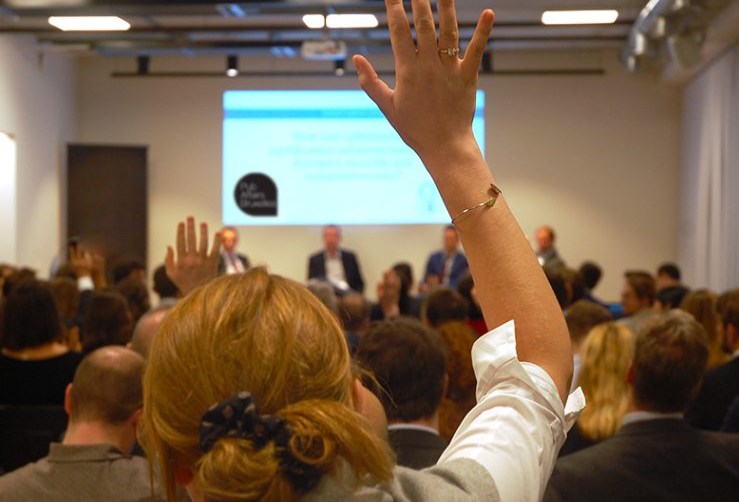We are delighted to invite you to a hybrid event which will be held on
Tuesday, 24th of October at 17.00.
This event will consist of an afternoon of discussion on the aviation sector roadmap in defining a pathway to net-zero emissions. The event will also be a timely opportunity to discuss the introduction of hydrogen commercial aircraft with our distinguished speakers:
- Ms Rachel Smit, Member of Cabinet of the European Commissioner for Transport, Adina Vălean;
- Mr Damien Meadows, Policy and Legal Advisor, Carbon Markets and Clean Mobility, DG CLIMA;
- Mr Jan-Christoph Oetjen MEP (Renew/DE), TRAN Vice-Chair;
- Mr Glenn Llewellyn, Vice President, Zero-Emission Aircraft, Airbus.
Ms Nathalie Errard, SVP and Head of Europe and NATO Affairs, Airbus will hold an introductory speech.
Mr Glenn Llewellyn, Vice President, Zero-Emission Aircraft, Airbus will subsequently hold a brief presentation regarding Airbus’ ZEROe project.
The debate will be moderated by Sean Goulding Carroll, Transport Editor, Euractiv.
This event is public and will be held both onsite and online.
Please note that registrations are now only open for online participation
This event is kindly supported by
About the debate
As a global leader in the fight against climate change, the European Union has established the European Green Deal as the EU’s new growth strategy in order to reach net zero greenhouse gas emissions by 2050. This includes specific rules for the transport sector, which accounts for roughly a quarter of the EU’s greenhouse gas emissions. Within the transport sector, air transport represents the second biggest source of greenhouse gases after road mobility in the EU, namely 3.8% of total CO2 emissions produced in the EU.
Against this backdrop, the aviation sector has set out a roadmap in defining a pathway to net-zero emissions. As included in the Destination 2050 report, the industry’s commitments include several measures, such as fleet renewal, aircraft and engine technology, operational efficiency, sustainable aviation fuel (SAF) usage and market-based measures. Among these aspects of the pathway towards a net-zero emission aviation sector, SAF is a crucial short-to-medium term lever in decarbonising the sector. Nonetheless, technology will also play a crucial role in reducing emissions, both in terms of conventional and breakthrough technologies. In this context, several companies are working on several concepts of hydrogen aircraft, whereas, a European company, in particular, has committed to be the first manufacturer to introduce a hydrogen commercial aircraft by 2035. Given this setting, the aviation industry is also working with other crucial stakeholders, such as airlines, airports, energy providers and transport authorities in order to integrate aviation in the global hydrogen eco-system.
Concurrently, the EU has set out a series of measures to lead the transition of the aviation sector, including the revision of the EU emissions trading system (EU ETS) and the ReFuelEU Aviation regulation, which have recently been adopted. This last proposal should increase the uptake of sustainable aviation fuels, such as biofuels, recycled carbon fuels and synthetic aviation fuel, with a projected reduction of aircraft CO2 emissions by around two-thirds by 2050. At the same time, the new regulation regarding the deployment of alternative fuels infrastructure (AFIR) should foster even more improvements, such as electric charging points for stationary aircraft and the development of hydrogen infrastructure at airports within national policy frameworks.
In addition, last year’s launch of the European Commission’s Alliance for Zero Emission Aviation (AZEA) has attracted over 140 members to the alliance, aiming to prepare the aviation ecosystem for the entry into service of hydrogen and electric aircraft. Members of the alliance include aircraft manufacturers, airlines, airports, energy companies and fuel providers, standardisation and certification agencies, research bodies, joint ventures, environmental interest groups and regulators, which further confirms the growing interest in this important subject.
Against this background, it is essential to understand these technologies in more detail, present the progress made to date and anticipate how the EU can play an essential role in facilitating this for the benefit of both the European and global fight against climate change.
This is a public event, hence the Chatham House Rule will not apply.
The event will start at 17.00 online, while the onsite welcoming will begin at 16.30. The discussion will last around an hour and a half.
Due to a limited number of seats, please await final confirmation from us after registration, if you wish to attend this event in person.
The audience will be able to ask questions both in person or through sli.do #NetZeroAviation
A networking reception will follow the event.
We look forward to hosting you on the 24th of October 2023.




